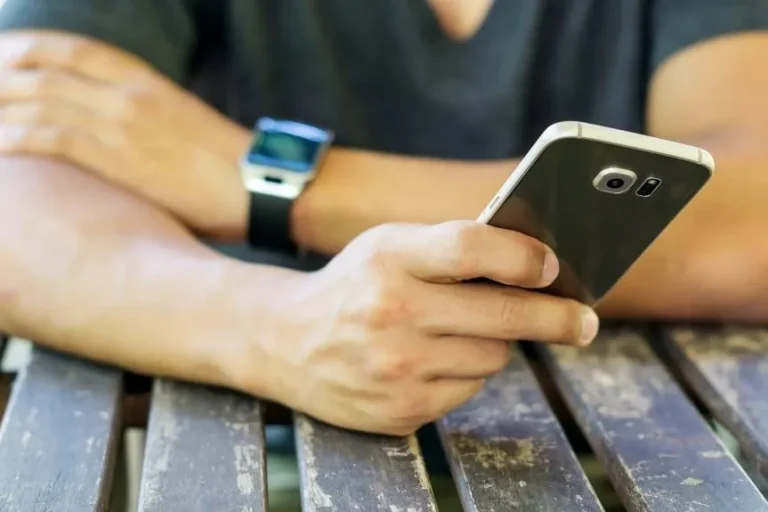The Royal College of Nursing (RCN) has called for better protections for nurses from the “growing concern” of unsolicited filming and photography at work.
The RCN has published a new position statement on the issue, which it said puts nurses at risk and violates their right to dignity and privacy at work.
“The fear of being filmed without consent can contribute to workplace stress, anxiety, and a breakdown in trust between staff and patients”
Royal College of Nursing
The position statement comes after a survey by fellow union Unison, published earlier this year, found one in seven healthcare workers in the UK had experienced unwanted filming or photography in the last year.
That survey found that staff were frequently being filmed, or live-streamed, with footage posted on social media platforms, including TikTok and Facebook.
The RCN said it has become increasingly concerned about how these recordings can be used to stalk or harass nurses.
“The unsolicited photographing, filming or recording of nursing staff by patients, service users and the public,” the RCN said in its new position statement.
“Particularly when such content is uploaded to social media platforms [it] raises serious concerns regarding privacy, consent, and the psychological safety of healthcare professionals.”
Such recordings may also be in breach of general data protection regulations (GDPR) or other privacy laws in the UK, noted the RCN.
The union added: “Unauthorised photographs, filming or recordings may infringe on the rights of staff to work in a safe and respectful environment.
“The fear of being filmed without consent can contribute to workplace stress, anxiety, and a breakdown in trust between staff and patients,” it said.
“This is particularly concerning in the context of rising levels of work-related stress, work related violence and burnout in the nursing profession. Employers also have a duty under health and safety laws to take all reasonable measures to keep staff safe whilst at work.”
To address this, the RCN has called for five key protections to be put in place for nurses. This includes “clear” policies to be enacted in workplaces.
For example, the college called for a zero-tolerance policy on unsolicited and unauthorised photography and filming of staff with “clear consequences” for a breach.
It also said that employers or community nurses should consider the potential risks that arise in the use of doorbell cameras poses.
In addition, the RCN recommended better signage in workplaces to make it clear what the rules were, and said staff should be supported with training and guidance on how to respond when unsolicited filming took place.
The RCN also said there should be “open communication” and engagement with patients and visitors about how to keep a hospital, or other healthcare environment safe in regard to unsolicited images or recordings.
Finally, the RCN called for legal action and the involvement of police to be pursued when staff are subject to harassment, defamation or data protection breaches due to filming or photography.

